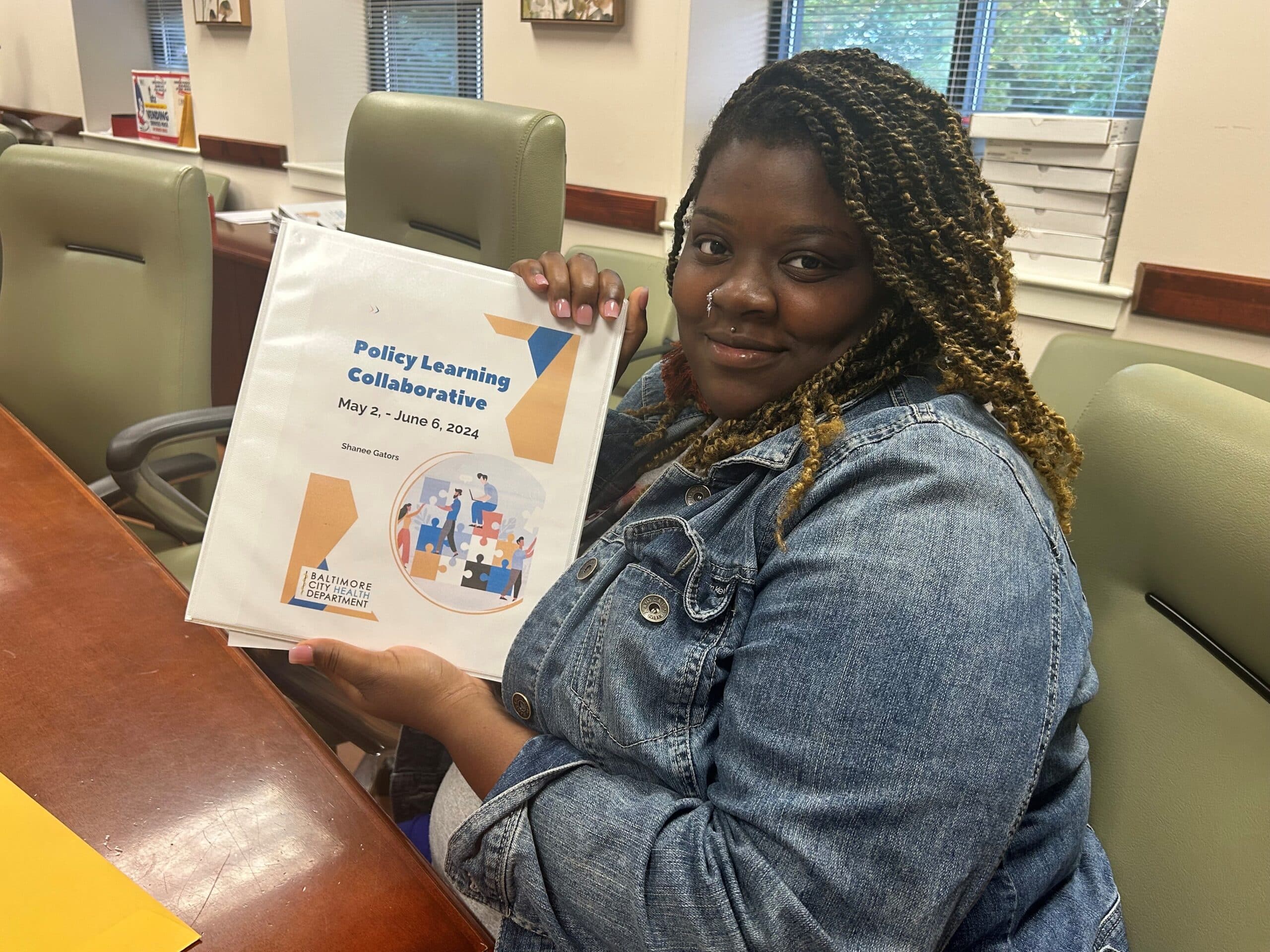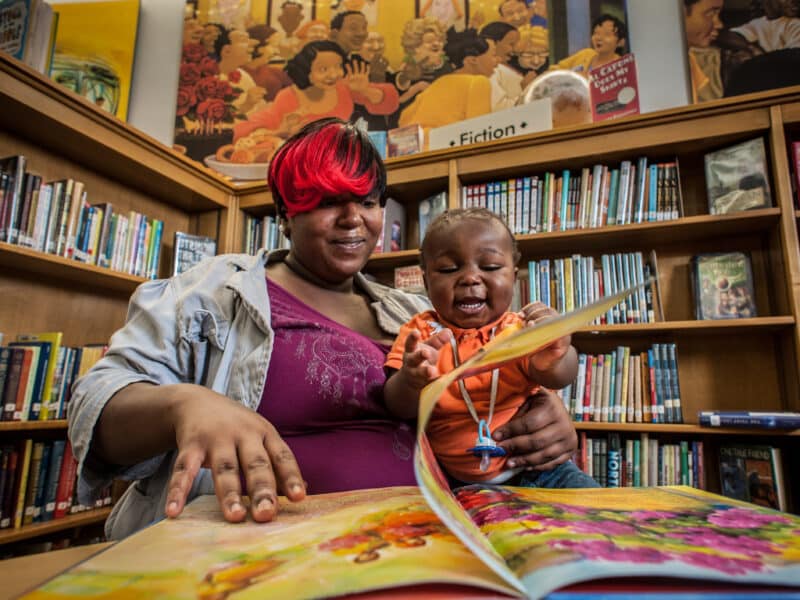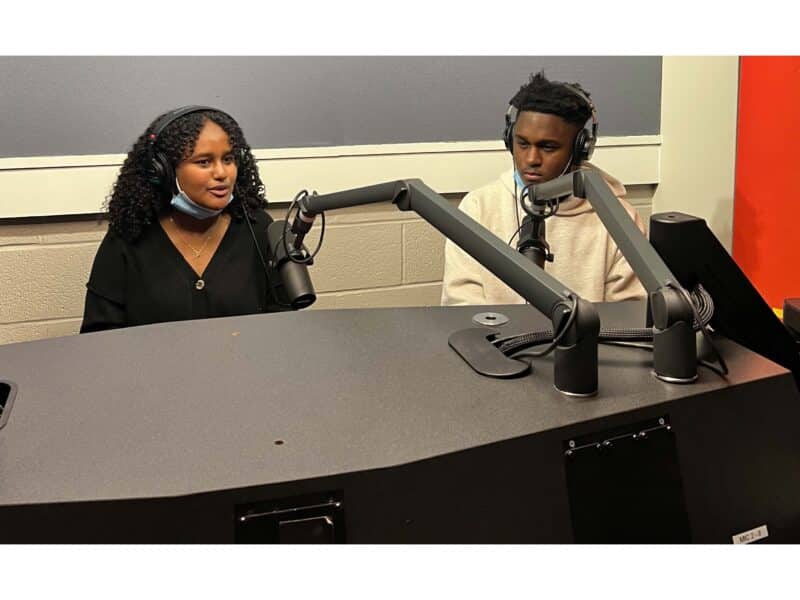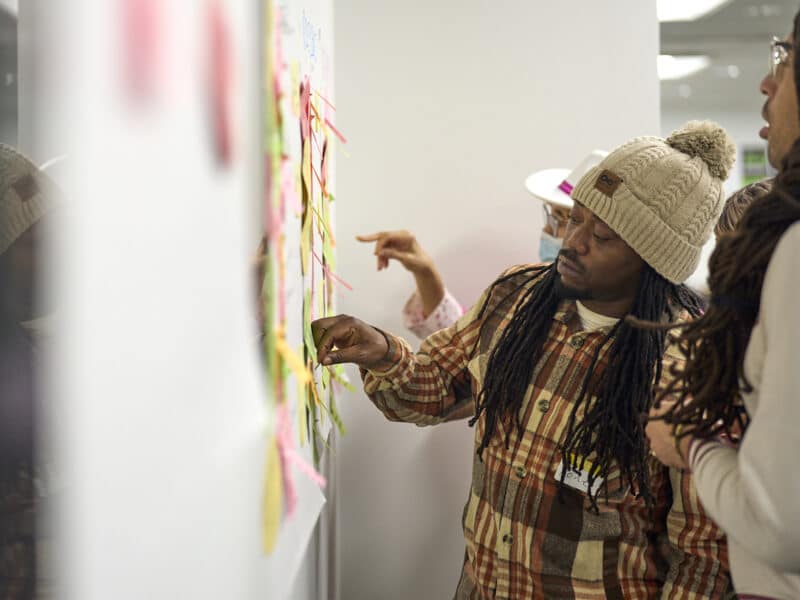Let’s be honest: Health policy is complicated. It can be overwhelming to understand the ins and outs of health insurance, social services, and patient rights – let alone how to influence the policies that govern them.
But what if more people understood how to engage in the process of creating and changing health policies to improve their lives, reduce health disparities, and strengthen their communities? What if they knew who to call and how to best frame their case when they spotted barriers standing in the way of better health in their communities?
The Johns Hopkins Center for Communication Programs, alongside the Johns Hopkins Bloomberg School of Public Health’s Department of Health Policy and Management and the Baltimore City Health Department, are working to do just that as part of a grant from the U.S. Department of Health and Human Services’ Office of Minority Health.
The Policy Learning Collaborative is a six-week training for Baltimore residents interested in becoming involved in efforts to improve health and behavioral outcomes but who don’t know where to begin. It’s a crash course not only in policy, but in how anyone can participate in decision making in their community to make a difference and be involved in the process. The idea is to provide a better understanding of the connection between policy and health using real-life examples, helping participants see why it’s so important to be part of the local solution.
And it is designed to be engaging and digestible.
“We want people to learn more about the health issues that affect communities in ways that aren’t equitable and say, ‘here’s how I can impact that,” says August Summers, who oversees CCP’s domestic initiatives. “Training participants get the tools to find information, such as the policies that do or don’t exist, and use it to advocate for change. They walk away with the skills and self efficacy to engage in the policy process on any topic that’s important to them.”
The first cohort wrapped up in June. Each Policy Learning Collaborative session was facilitated in-person by various policy experts and/or project staff. This is a pilot, and the Department of Health Policy and Management and the Baltimore City Health Department plan to hold sessions again with youth later this summer.
“At the core of it, this is an approach to increasing community capacity to shape policy and advance health equity,” Summers says. “It’s a great example of purposeful investment in our own community and recognizing who is best positioned to design and advocate for solutions.”





